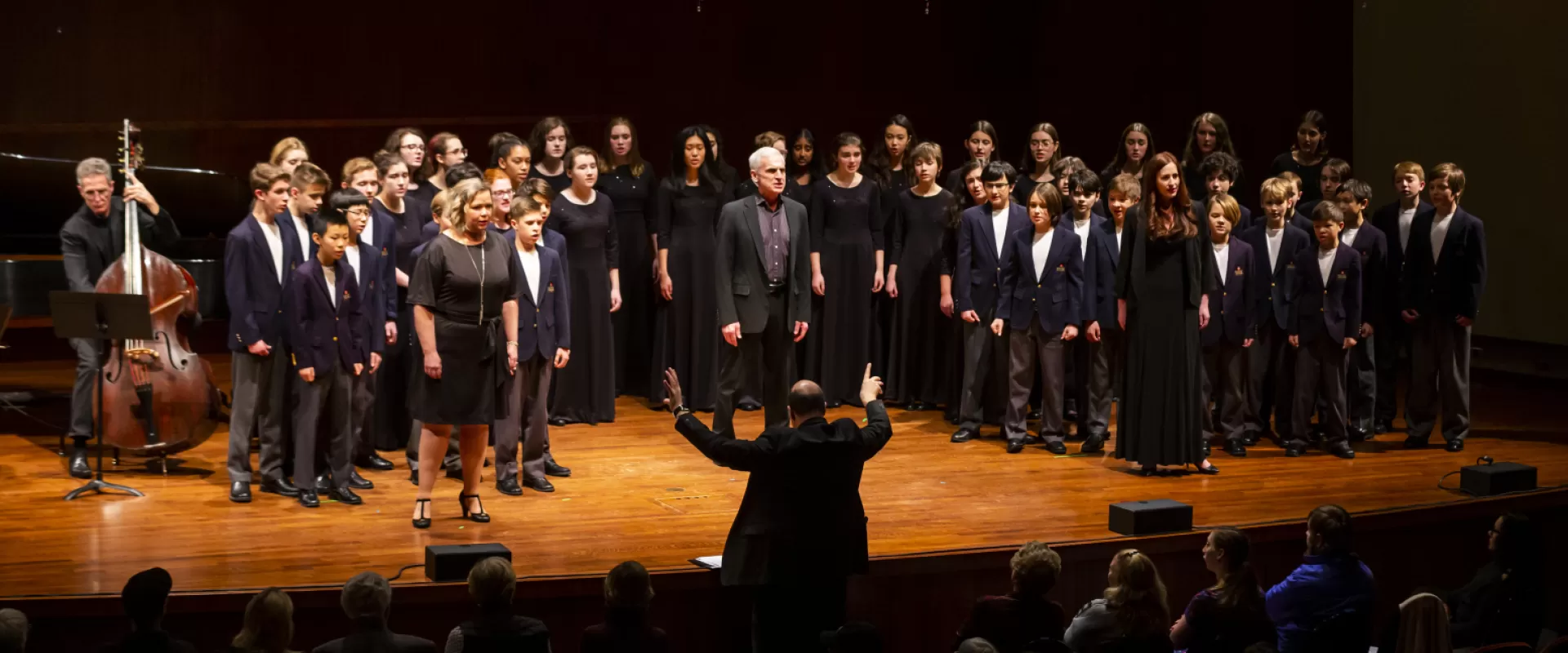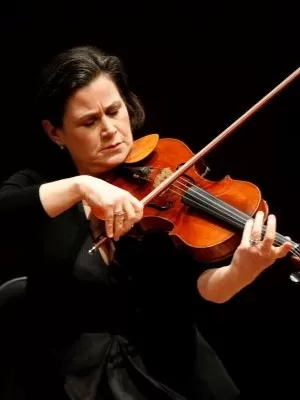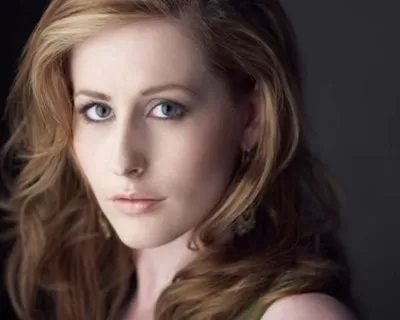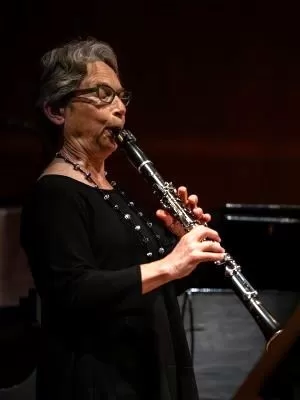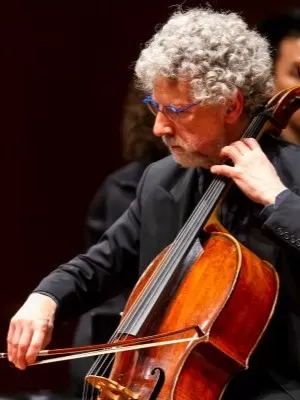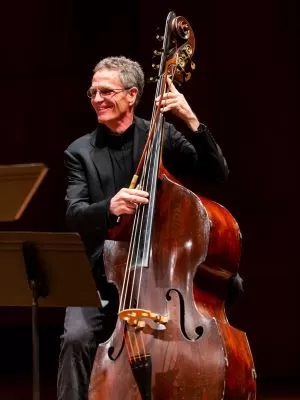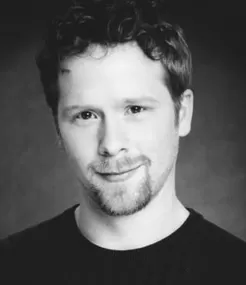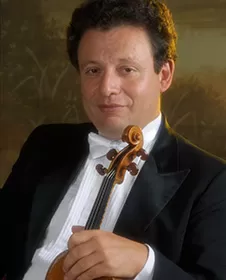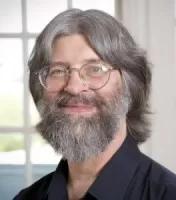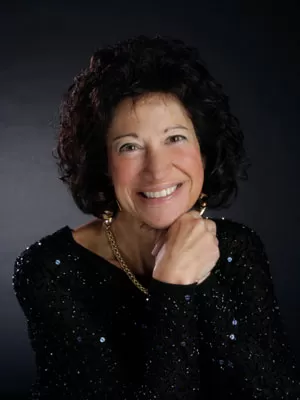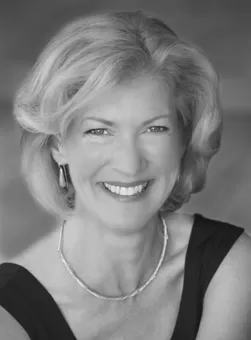Jan 28, 2012 - 12:00 pm
The concert features three works created between 1922 and 1948, charting a revival of interest in Jewish folklore and music in the young Soviet Union, followed by Stalinist-era repression. The unusual focus of the concert is the dybbuk of Jewish folk imagination, a spirit that possesses people, taking over their will for its own ends. Performing will be Seattle Symphony violinists Mikhail Shmidt and Leonid Keylin, both Russian themselves, along with Laura DeLuca, clarinet; Susan Gulkis Assadi, viola; Walter Gray, cello; Jonathan Green, double bass, and Matthew Kocmieroski, percussion.
Both Joel Engels’ The Dybbuk Suite and David Beigelman’s Dybbuk Dances were written for S. Ansky’s iconic 1922 play The Dybbuk. Engels’ suite is taken from incidental music for the original play, while Beigelman wrote his Dances in 1941, for performances given at the Lodz ghetto where he was imprisoned by the Nazis. (Many have considered Engel—who played a prominent role in Moscow’s Society for Jewish Folk Music—the founder of the modern school of Jewish national art music.)
An ethnographer as well as a playwright, Ansky had led expeditions in search of Jewish folklore in the shtetls of the Pale of Settlement, and been fascinated by the legend of the dybbuk. His play takes place on a wedding day, when the bride-to-be is possessed by the soul of a brilliant Talmudic scholar who died of unrequited love for her.
Artistic Director Mina Miller explains how the play, rooted in Jewish folklore, relates to the musical legacy of the Holocaust that MOR commemorates: “Folklore offers us poignant reminders of what also died with the individual lives the Nazis sought to extinguish—thriving Eastern European cultures. When you revisit it, you learn The Dybbuk is a richly layered morality tale, about tensions between spiritual and material realms. Such conflicts continue to haunt our own times, making this piece highly relevant for today’s audiences.”
The Dybbuk went on to become a cornerstone of Yiddish theater in Europe and America. Its success helped launch a famous Yiddish theatre company in the young Soviet Union, where an emerging movement of Jewish self-expression would be buffeted for decades by the shifting winds of Soviet ideology and politics. At the concert, Miller will talk about those social forces, seen swirling in The Dybbuk, which would soon transform the world in ways that nobody then could imagine.
In contrast, Dmitri Shostakovich’s song cycle From Jewish Folk Poetry, one of his most intimately evocative compositions, was created in 1948 but waited for its premiere until 1955, due largely to Stalin’s disfavor with the composer and to Soviet anti-Semitism in general. Shostakovich was inspired by the Russian translation of a collection of Jewish folk songs compiled by Yekhezkel Dobrushin. The first eight songs reflect the pain and suffering of the pre-Revolutionary past—and employ Jewish folk melodies—while the final three songs emphasize the good Soviet life and sound more like official workers’ song than art songs.
Guest vocalists for the song cycle will be soprano Megan Chenovick, mezzo soprano Kathryn Weld, and tenor Ross Hauck.
